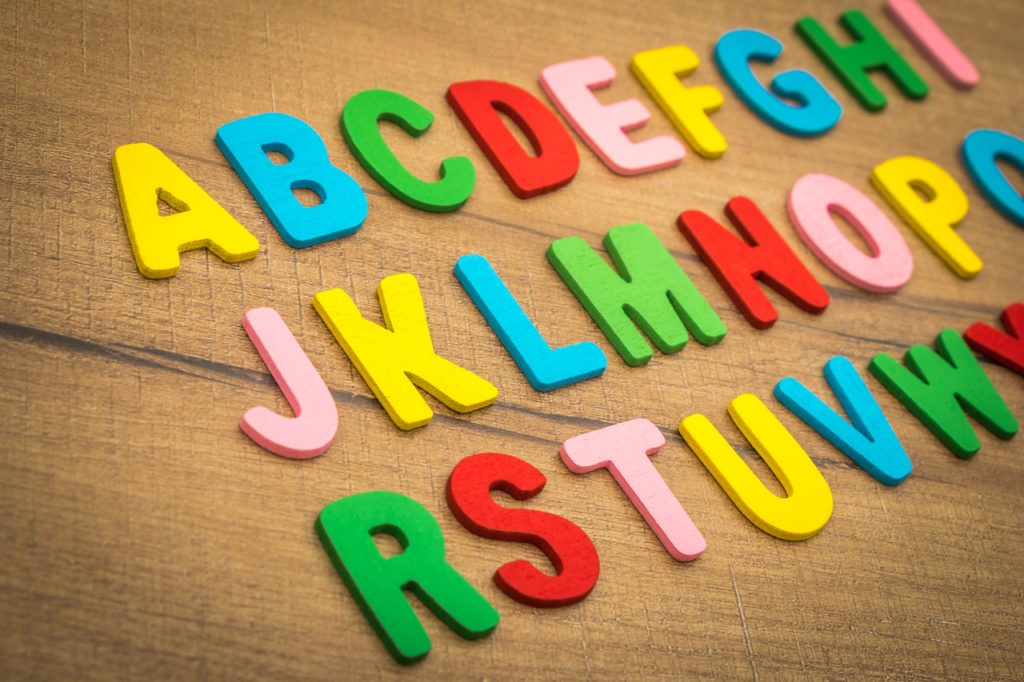The Flemish government has approved a proposal by education minister Ben Weyts (N-VA) to lower the compulsory school age from six to five years starting in September.
Parents will be obliged to send children who have reached their fifth birthday to school for a minimum of 290 half-days. Those children will still be in pre-school, however.
Another more controversial part of the new education directive was also approved.
Children in the last year of pre-school – at the age of five, in other words – will undergo language screening to ensure they have a sufficiently good knowledge of Dutch, starting in September of 2021.
The directive does now provide for a formal examination. It will be up to schools to evaluate the children’s language skills in a manner they choose. Any child whose command of Dutch is below par will then receive additional tuition.
If at the end of pre-school the child is still not fully up to speed, they may be held back from entering school proper. Otherwise the child may be made to go through a language integration course, full-time if necessary.
“Children who have a language deficit are often falling behind in other subjects too,” Weyts said. Falling behind at the start often means falling behind at the finish. That is why we make a knowledge of Dutch an important criterion at the start of primary education.”
Weyts’ former ministerial colleague Sven Gatz, now in the Brussels government as well as the Flemish Community Commission, disagrees.
“It is a very bad idea to divide six-year-old children into two separate groups, based on a snapshot. There will be children who do have a minimum level of Dutch, as determined by the Flemish government, and who will be admitted into primary school, and then there will be children who have no access to Dutch and are not allowed in. Not only are these young children stigmatised, but they will fall behind and miss opportunities later in their academic career.”
Also from September, children will receive lessons in religion or morals, but only if parents expressly opt in. The teaching of religion and (non-religious) morals is currently compulsory for children aged six and over.
Alan Hope
The Brussels Times

